Breaking News


Popular News

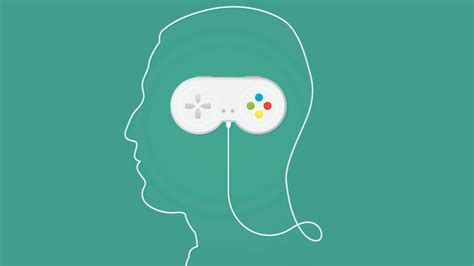
Discover the truth about mobile gaming and mental health, including research findings, benefits, and strategies for healthy gaming habits. Debunk myths and seek professional help if needed.Mobile gaming has become increasingly popular in recent years, with more and more people turning to their smartphones or tablets for entertainment. However, with this rise in popularity, there has been a growing concern about the potential impact of mobile gaming on mental health. In this blog post, we will explore the relationship between mobile gaming and mental health, examining the research findings on this topic and debunking common misconceptions. We will also discuss the benefits of mobile gaming for mental health and provide strategies for maintaining healthy gaming habits. Additionally, we will address the importance of seeking professional help for gaming addiction. By delving into these subtopics, we hope to provide a comprehensive understanding of the intersection between mobile gaming and mental health, ultimately dispelling any myths or misinformation surrounding this issue. So, let’s dive in and explore the complex and often misunderstood relationship between mobile gaming and mental health.
Contents
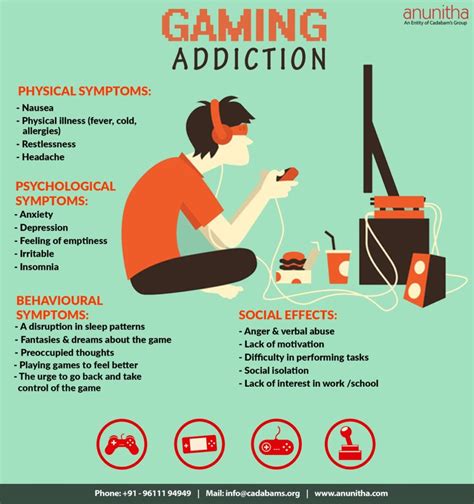
One common misconception about mobile gaming is that it has a negative impact on our mental health. While excessive gaming can certainly lead to negative outcomes, it’s important to recognize the potential benefits and drawbacks in a balanced manner.
Research findings on mobile gaming and mental health have been mixed. Some studies suggest that excessive gaming can lead to decreased social interaction and increased feelings of isolation, while others highlight the positive aspects of gaming, such as improved cognitive functions and stress relief.
It’s essential to acknowledge that the impact of mobile gaming on mental health can vary from person to person. Factors such as individual susceptibility, gaming habits, and overall lifestyle need to be taken into consideration when discussing this topic.
To illustrate this point further, let’s consider a hypothetical scenario. A teenager who is struggling with school-related stress may find comfort and distraction in playing mobile games, providing a temporary escape from their worries. On the other hand, a person with a predisposition to addictive behaviors may find themselves spiraling into excessive gaming, leading to negative consequences for their mental well-being.
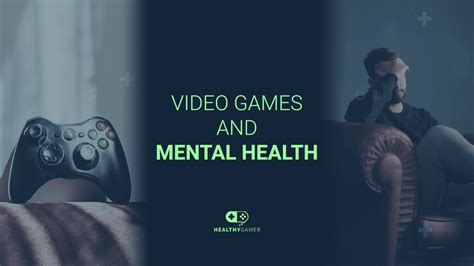
Research on the impact of mobile gaming on mental health has provided some interesting findings. Contrary to popular belief, research has shown that mobile gaming can actually have some positive effects on mental health. One study found that playing certain mobile games can help reduce stress and anxiety, as they provide an outlet for relaxation and enjoyment.
On the other hand, excessive and compulsive use of mobile games has been associated with negative mental health outcomes. Studies have found a correlation between excessive mobile gaming and symptoms of depression, anxiety, and social isolation. This highlights the importance of moderation and healthy gaming habits.
Furthermore, research has also shown that certain types of mobile games, such as puzzle and strategy games, can improve cognitive function and problem-solving skills. These findings suggest that mobile gaming can have both positive and negative effects on mental health, depending on the frequency and manner of use.
In conclusion, research on mobile gaming and mental health has revealed a complex relationship between the two. While some types of mobile games can have positive effects on mental well-being, excessive use can lead to negative outcomes. It is important for individuals to be mindful of their gaming habits and seek professional help if they experience symptoms of gaming addiction or mental health issues.
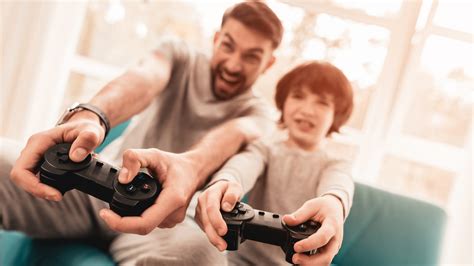
One common misconception about mobile gaming is that it is solely a mindless form of entertainment. Many people believe that playing games on your phone or tablet can only lead to a decrease in productivity and increased laziness. However, research has shown that certain mobile games can actually improve cognitive function and problem-solving skills.
Another misconception is that all mobile games are addictive and harmful to mental health. While it is true that some individuals may develop gaming addiction, it is important to note that the majority of players are able to enjoy mobile games in a healthy and balanced manner. The key lies in setting boundaries and being mindful of one’s gaming habits.
Some people also believe that mobile gaming is only suitable for children and teenagers. However, the reality is that mobile games come in a wide variety of genres and difficulties, making them enjoyable for individuals of all ages. From puzzle games to strategy games, there is something for everyone to enjoy.
Lastly, there is a misconception that mobile gaming can only lead to social isolation. Contrary to popular belief, many mobile games are designed to be played with friends and family, either locally or online. These multiplayer experiences can actually strengthen social bonds and provide a sense of community.

Many people believe that mobile gaming is harmful for mental health, but research has shown that mobile gaming can actually have a positive impact on mental well-being. Engaging in mobile games can provide a much-needed escape from daily stress and anxiety, allowing individuals to relax and unwind. This can help reduce symptoms of depression and improve overall mood.
Furthermore, mobile gaming can also help improve cognitive function and problem-solving skills. Many games require players to think critically, strategize, and make quick decisions, which can help keep the mind sharp and improve mental agility. In fact, studies have suggested that playing certain types of mobile games can even help slow down the aging process of the brain.
In addition, social gaming can also provide a sense of community and connection for individuals who may otherwise feel isolated or lonely. Playing online multiplayer games allows players to interact with others, form friendships, and build a support system, which can have a positive impact on mental well-being. It can also help improve communication skills and create a sense of belonging.
In conclusion, while there are certainly potential downsides to excessive mobile gaming, it’s important to recognize that there are also numerous benefits for mental health that can be derived from engaging in mobile games. From providing an escape from stress and anxiety, to improving cognitive function and fostering social connections, mobile gaming can have a positive impact on overall mental well-being.
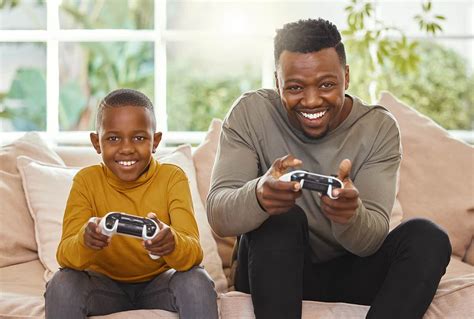
Strategies for healthy mobile gaming habits
When it comes to mobile gaming, it’s easy to get caught up in the excitement and lose track of time. However, it’s important to prioritize your mental and physical health by implementing strategies for healthy mobile gaming habits. Here are several tips to help you maintain a balanced approach to gaming:
Set time limits: One of the best ways to ensure that your gaming habits don’t become overwhelming is to set strict time limits for yourself. This could involve scheduling specific time slots for gaming and sticking to them, or using apps or built-in features on your device to track and limit your screen time.
Take regular breaks: It’s crucial to give your eyes and mind a rest from the screen, so make sure to take frequent breaks while gaming. This could involve setting a timer to remind yourself to step away from the game every hour, or simply making a habit of pausing and stretching at regular intervals.
Engage in other activities: In order to maintain a healthy balance, it’s important to engage in other activities outside of gaming. This could include exercise, socializing with friends and family, pursuing hobbies, or simply spending time outdoors. By diversifying your leisure activities, you can reduce the risk of becoming overly reliant on gaming.
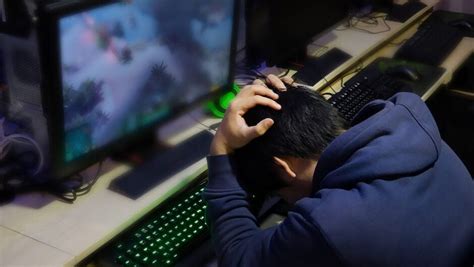
Gaming addiction is a serious issue that can have detrimental effects on an individual’s mental health. It is important to recognize that addiction to gaming is a real and valid concern, and seeking professional help is often necessary to overcome this issue. There are a number of misconceptions surrounding gaming addiction, but it is essential to understand that it is a legitimate condition that requires treatment.
When seeking professional help for gaming addiction, individuals should look for therapists or counselors who have experience in treating addiction and understand the unique challenges associated with gaming addiction. It may also be necessary for individuals to seek support from addiction recovery programs or support groups to help them cope with their addiction and develop healthy coping strategies.
It is crucial for individuals struggling with gaming addiction to remember that seeking help is not a sign of weakness, but rather a courageous step towards reclaiming control over their lives. Professional help can provide individuals with the tools and support they need to effectively manage their addiction and work towards recovery.
| Benefits of seeking professional help for gaming addiction | Strategies for managing gaming addiction |
|---|---|
|
|

Is mobile gaming bad for mental health?
No, mobile gaming in moderation can actually have positive effects on mental health such as reducing stress and improving mood.
Can excessive mobile gaming lead to addiction?
Yes, excessive mobile gaming can lead to addiction, but it is not the case for everyone. It depends on individual susceptibility and context.
Do mobile games have any benefits for mental health?
Yes, mobile games can improve cognitive function, problem-solving skills, and provide a sense of achievement, which can positively impact mental health.
Are there any negative impacts of mobile gaming on mental health?
Excessive gaming can lead to social isolation, poor sleep, and increased anxiety, which can have negative effects on mental health.
How can I balance mobile gaming with mental health?
Set time limits for gaming, take regular breaks, and engage in other activities such as exercise and socializing to maintain a balance and support mental health.
Can mobile gaming be a form of therapy for mental health issues?
There are specific games designed to address mental health issues, such as anxiety and depression, and can be considered as a form of therapy when used appropriately.
What should I do if I feel that mobile gaming is affecting my mental health negatively?
Seek help from a mental health professional to assess the impact of gaming and develop strategies to maintain a healthy balance.